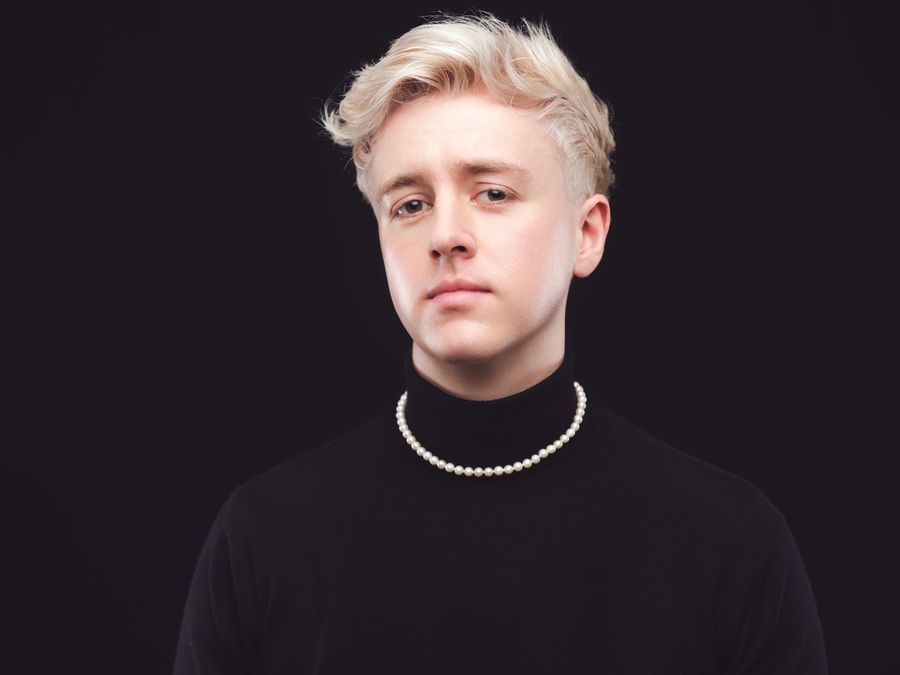Review: Daniel Foxx: Villain
A heroic pop cultural celebration of identity and iconic antagonists

“We weren’t expecting him to sing,” Daniel Foxx says from behind his keyboard, reading everyone’s mind at the top of the show. Maybe not, but it’s a good thing he does. The first song introduces the conceit behind Villain: that gay people are the evil ones after all. Look, it checks out, Foxx argues. Jafar (a penchant for capes), Gollum (clearly a Berlin gay), Ursula (they just drew Divine and added tentacles). Is it any wonder he felt like an outsider growing up?
At the same time, Villain is a love letter to pop culture. His anecdotes are moored in light self-deprecation, an endearing trait that makes him a confident and empathetic storyteller. This relatability is what makes Villain shine. Foxx brings everyone on his journey, whether you played Mary in the nativity play or an inanimate object. It took him years to come to terms with himself, only truly embracing his campness when he was 25 and decided to espouse the spirit of his younger self. The villains are, after all, the ones having the best time, which is a simpler and happier way to be. Isn’t it better to be the outsider, to not change even if people call you evil, mad or twisted if you respect, care for and love yourself? And recognise that Tinkerbell is a pick-me girl and Pan’s an ablist prick.
 Floods of Fire with Electric Fields & the ASO
Floods of Fire with Electric Fields & the ASO
 Review: Time Machine
Review: Time Machine
 Review: Antigone in the Amazon
Review: Antigone in the Amazon
 Review: I Hide in Bathrooms
Review: I Hide in Bathrooms